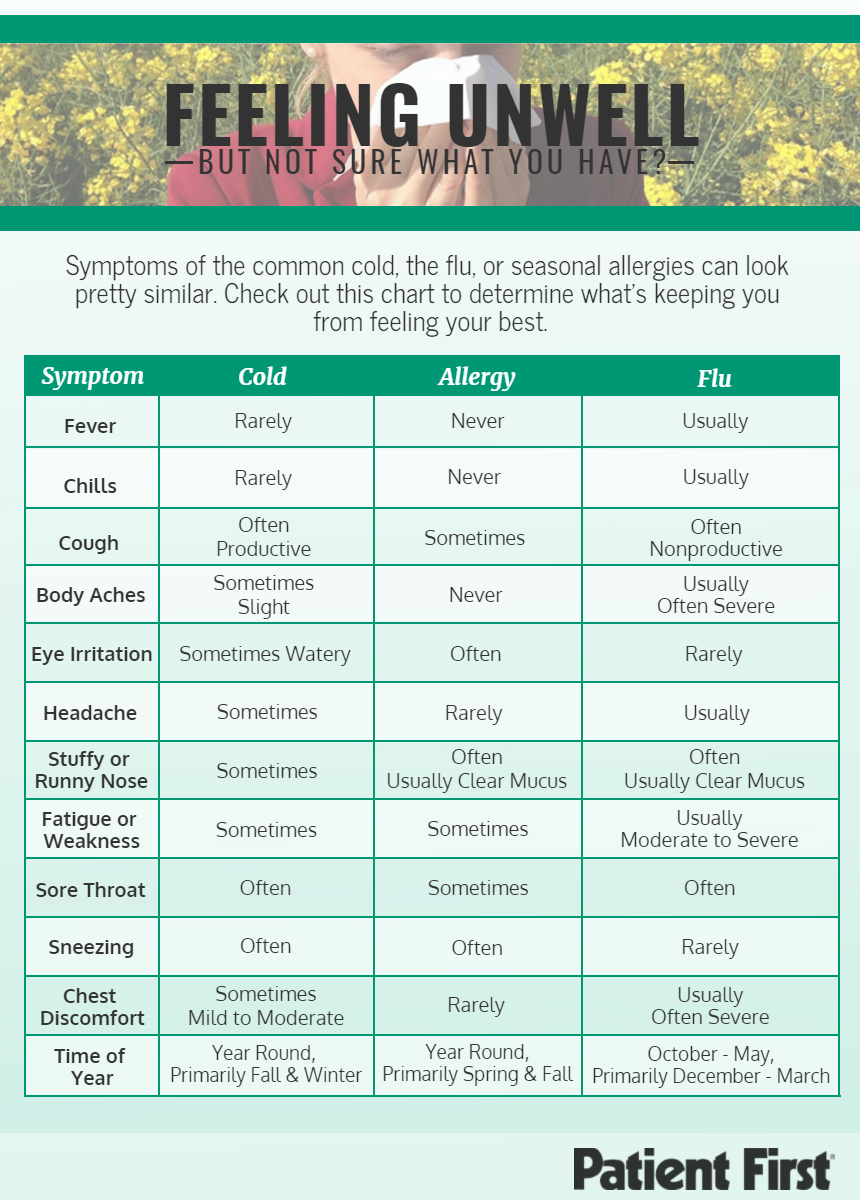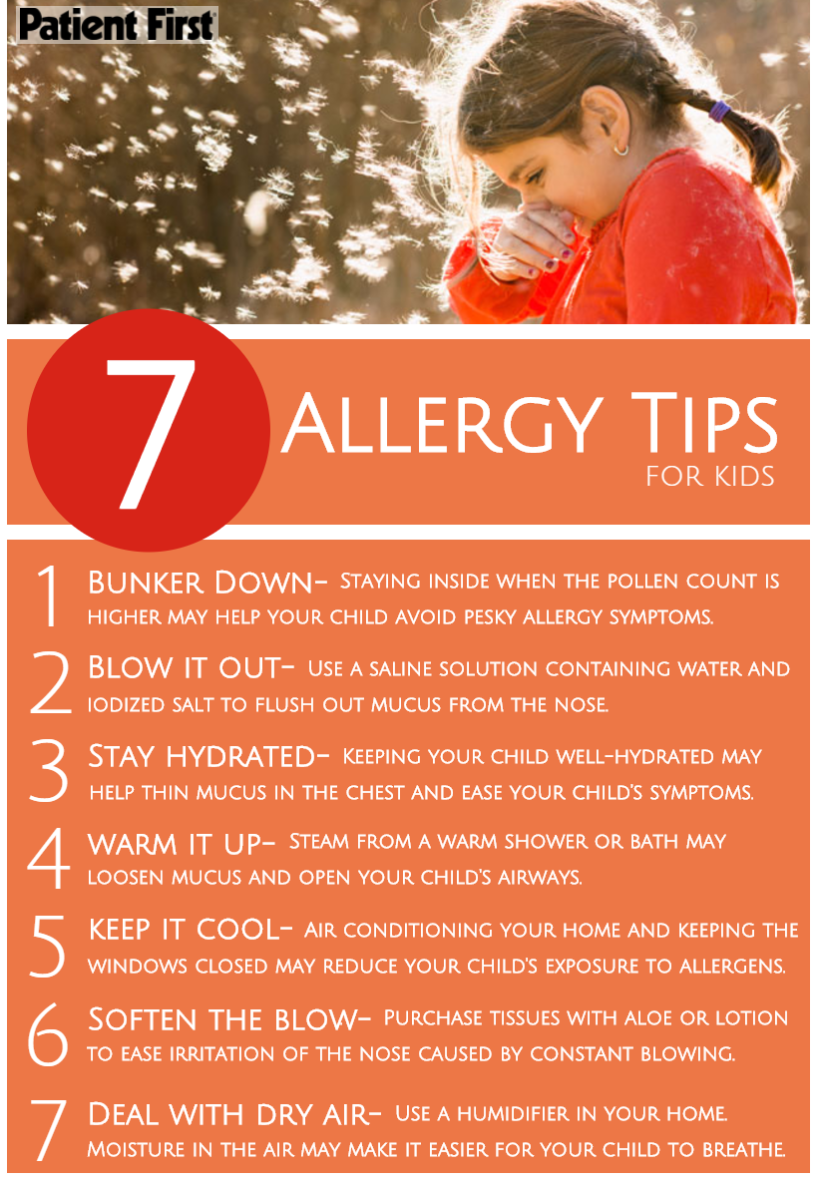
SPRING ALLERGY SEASON IS HERE
SPRING ALLERGY SEASON IS HERE
Take steps to reduce the symptoms
Spring is right around the corner. So is allergy season. Tree pollen is the biggest cause of spring allergies. That means more than 50 million allergic Americans should brace themselves for sneezes and watery eyes.
WHAT ARE ALLERGIES?
Allergic reactions occur when your immune system mistakes a usually harmless substance for something dangerous. The body then produces antibodies which are on alert for this allergen. When a person is exposed to this allergen in the future, the body produces chemicals, such as histamine, that cause allergy symptoms.
SYMPTOMS
There are times when allergies can be more than just an inconvenience. Seasonal allergy symptoms may be mild at first and lead to more severe reactions. Allergy symptoms often include:
- Nasal congestion
- Runny nose
- Itchy nose
- Itchy, watery eyes
- Sneezing
ALLERGY VS.COVID-19
While seasonal allergies are triggered by airborne pollen, COVID-19 is a contagious respiratory illness caused by infection with a new coronavirus. They share some symptoms, but there are key differences between allergies and COVID-19:
- Fever – COVID-19 Yes / Allergy No
- Body aches – COVID-19 Yes / Allergy No
- Chills – COVID-19 Yes / Allergy No
- Itchy/watery eyes - COVID-19 No / Allergy Yes
ALLERGY VS. COLD
Viruses cause colds while allergies are caused by a person coming into contact with allergens – substances in the environment that cause an allergic reaction to that person. Allergy and cold symptoms are similar in most people, but there are differences:
Fever is common with a cold
People suffering from allergies do not have a fever.
Cold symptoms usually last 3 – 7 days
Allergy symptoms may last an entire season.
ALLERGY TREATMENT
Over-the-counter remedies help some people when pollen causes minor allergic symptoms. People with more severe reactions may need to seek stronger treatment from Patient First or another healthcare provider. Pollen related symptoms may also be reduced by changing your routine. Some ideas include:
- Stay indoors on dry, windy days. The best time to go outside is after a rain, which helps clear pollen from the air.
- Delegate lawn mowing, weed pulling and other gardening chores that stir up allergens.
- After spending time outside, take a shower to rinse pollen from your skin and hair and put on clean clothes.
- Wear a face mask if you do outside chores.
- Start taking over-the-counter antihistamines when high pollen counts are forecasted even before your symptoms start.
- Use air conditioning in your house and car.
- Wash your bedding in hot water.
- Vacuum and clean floors frequently.
- Use high efficiency air filters and change them frequently.
- Use mattress and pillow covers
Patient First physicians are available to talk about more ways to treat allergy symptoms. Please contact Jennifer Glose at 484-387-0424 or email jennifer.glose@patientfirst.com for interviews.
(Note: Editors and reporters are permitted use of the attached graphic.)
About Patient First
All Patient First Medical Centers are open 8 am to 10 pm every day of the year, including holidays. Patient First provides non-appointment urgent care for routine injuries and illnesses, primary care for patients who do not have a regular physician, and Telehealth allowing patients to visit with a provider directly through their smartphone, tablet, or computer. Each Patient First center has on-site digital x-ray, on-site laboratory, and on-site prescription drugs. Patient First currently operates medical centers in Virginia, Maryland, Pennsylvania, and New Jersey.








